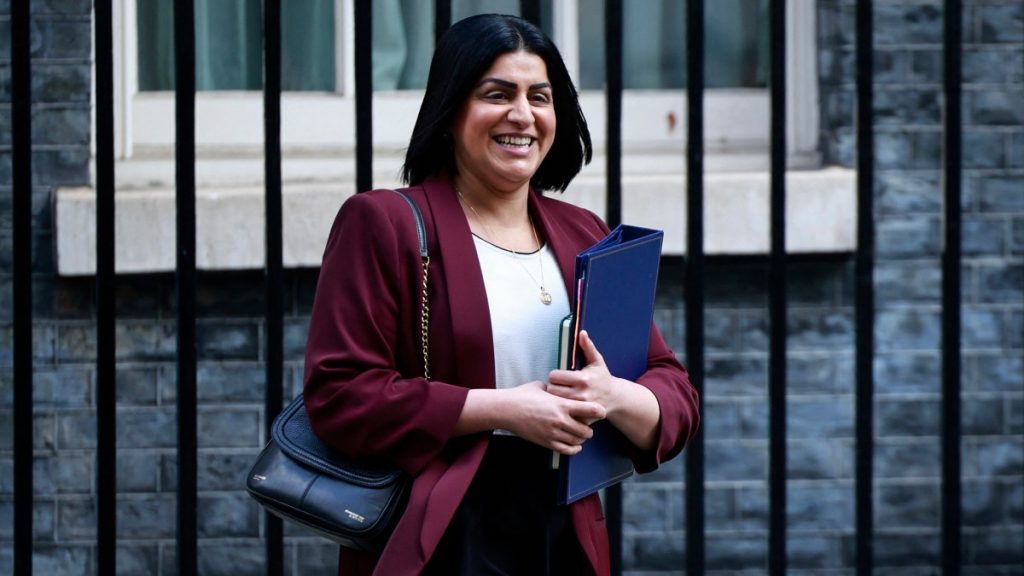The UK government is preparing a new plan to deal with the rising number of illegal Channel crossings. Prime Minister Keir Starmer is set to move asylum seekers, particularly young men of military age, out of hotels and into disused army barracks. The policy, which is expected to be announced soon by Home Secretary Shabana Mahmood, is seen as a tougher approach to tackling the growing migrant crisis.
Hotels across the country have been used to house thousands of migrants, but the rising costs and public concern have pushed the government to look for alternative accommodation. Disused military sites are now being prepared as holding centers, with ministers saying this will reduce pressure on local communities and ease public spending.
The move comes as the UK works on securing migrant return agreements with European countries. A deal with France is already in place, and discussions with Germany are said to be close to completion. These agreements are part of Starmer’s wider effort to send back migrants who cross the Channel illegally, while also preventing future arrivals.
Shabana Mahmood, who was appointed as Home Secretary during Starmer’s recent reshuffle, faces major challenges in her new role. On her very first day in office, more than 1,000 migrants crossed the Channel, highlighting the scale of the problem. So far, numbers of small boat crossings have already reached record levels under Starmer’s leadership.
Sources close to Mahmood told the press that her approach will be firm and direct, with “nothing off the table.” The government has made it clear that bringing down net migration and tackling illegal entry into the UK are among its top priorities. Officials say this is also one of the main concerns for the British public, adding more pressure on the new Home Secretary to act quickly.
The decision to move migrants into barracks has already sparked debate. Supporters argue it is necessary to cut costs and prevent hotels from being overrun, while critics warn that placing vulnerable asylum seekers in military sites could worsen their conditions and mental health. The government, however, insists the sites will be safe and properly managed.
Prime Minister Starmer has promised to balance firm border control with fair treatment for genuine asylum seekers. His government says people who qualify for protection will still receive support, but those arriving illegally will face stricter rules and quicker returns to safe countries. The aim is to discourage dangerous Channel crossings while keeping public trust in the immigration system.
As the crisis continues, the success of this new policy will depend on whether it reduces the record-breaking small boat arrivals. For now, the plan marks a clear shift in how the UK government intends to deal with illegal migration, sending a strong signal that tougher measures are on the way.

